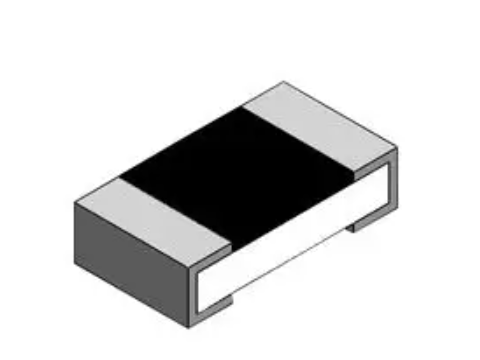
CRGCQ0805J220K
The CRGCQ0805J220K is a type of general-purpose surface-mount resistor. It has a resistance value of 22 ohms and a tolerance of 5%. The "0805" in the part number refers to the package size of the resistor. It is rectangular and measures 2.0 mm x 1.25 mm. It is commonly used in electronic circuits to limit […]
Inquire Now
Description
The CRGCQ0805J220K is a type of general-purpose surface-mount resistor. It has a resistance value of 22 ohms and a tolerance of 5%. The "0805" in the part number refers to the package size of the resistor. It is rectangular and measures 2.0 mm x 1.25 mm.
It is commonly used in electronic circuits to limit current, divide voltage, or provide a specific resistance value. Its small size and surface-mount package make it popular for use in compact electronic devices.
CRGCQ0805J220K Feature
- Size: The CRGCQ0805J220K has a size of 0805, which means it measures 0.080 inches by 0.050 inches (2.0mm x 1.25mm).
- Resistance Value: "J220K" in the part number indicates that the resistor has a resistance value of 22 ohms.
- Tolerance: As mentioned above, the CRGCQ0805J220K has a tolerance of +/- 10%. This means that the actual resistance of the resistor may deviate from the specified value by up to 10%.
- Power Rating: The CRGCQ0805J220K has a power rating of 1/8 watt (0.125 watts). This means that the resistor can safely dissipate up to 0.125 watts of power without overheating.
- Operating Temperature Range: Its wide temperature range is -55°C to +155°C.
FAQ
Q: What is a surface mount resistor?
A: A surface mount resistor is an electronic component. Designed for direct mounting to a printed circuit board (PCB) using surface mount technology (SMT). Unlike through-hole resistors where the leads go through a hole in the PCB and are soldered to the other side. Surface mount resistors have small, flat contacts that are soldered directly to the surface of the board.
Q: What is the difference between a general-purpose resistor and a specialized resistor?
A: A general-purpose resistor is a resistor that is designed to be used in a wide range of electronic applications. It usually has a medium resistance value. Characterized by low to moderate power ratings and relatively loose tolerances. Special purpose resistors, on the other hand, are designed for a specific application or environment. May have unique features or specifications tailored for these applications.
Q: What is resistor tolerance?
A: Tolerance is a measure of how close the actual resistance is to its specified resistance value. A resistor with a tolerance of +/- 10%, for example, may have an actual resistance that is 10% higher or 10% lower than its specified value. Tighter tolerances. For example +/- 1% for professional applications where precise resistance values are critical.


























































































